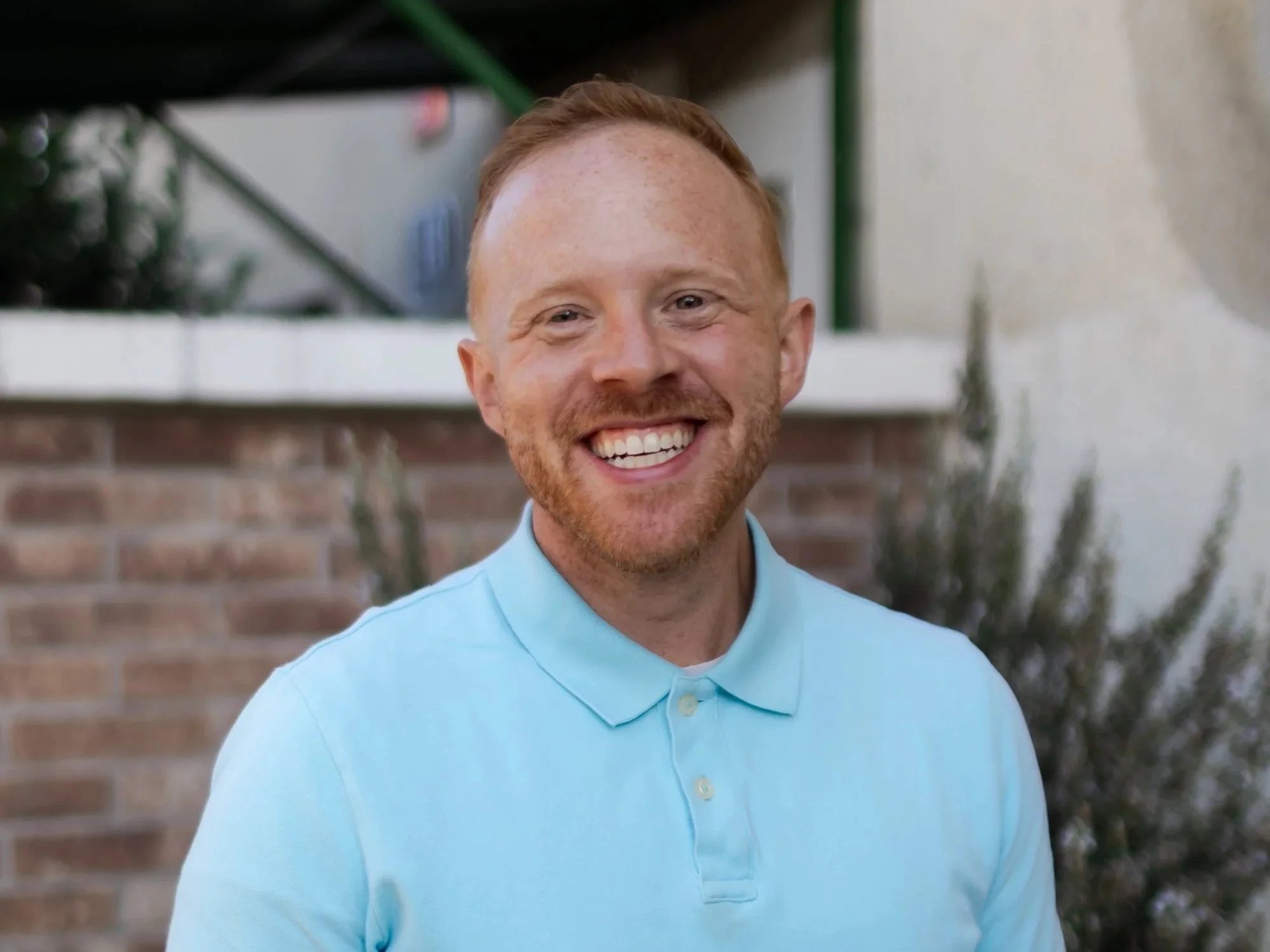Book Highlight: Signs of Life by Stephanie Lobdell
It was the subtitle that first got my attention.
“Resurrecting hope out of ordinary losses.”
Stephanie Lobdell is a pastor whom I’ve respected from afar for several years now and when I heard she was releasing her first book and that it was about “ordinary losses” - I was very interested. Most publications nowadays aim to create a shock factor by using bombastic and over-the-top language that seeks to generate as much attention as possible. But Lobdell’s title - and her book as a whole - expertly avoids the superficial flair and aims to meet us readers right where we are at in the everyday problems we face.
Lobdell does an amazing job of weaving stories from the Bible with stories from her own life and showing how encounters with hope and with God are often messy processes that come with scars and lessons learned. But my favorite piece to her book is how Stephanie uses these stories to paint a beautiful painting of how the resurrection of Jesus is at work in our lives here today - even in ways that are sometimes hard to see.
If you’re someone struggling with finding hope in your current life circumstances or if you need help processing brokenness in your life, this book is for you. Which - if we’re being honest - means that it is a book for all of us.
You can buy the book here, but first…
Here’s my 3-2-1 overview from Signs of Life:
My top 3 lessons from the book:
Stephanie opens up in the book about her journey in mental health and her medical diagnosis of depression. It’s a beautifully raw look into her struggle with the stigma that comes with such a diagnosis, and how she came to understand it as an illness rather than character deficiency. One of the best thoughts she shares is from a previous professor of hers who states that depression medication can be viewed as a means of grace from God every morning. Lobdell uses her own story to remind us that we are loved deeply by God for exactly who we are in this moment. As a pastor with diagnosed depression (I’ve written briefly about it here), I appreciate her openness on this subject.
One of the main questions Stephanie wrestles with in the book is: what does the resurrection of Jesus look like in our lives? Or to put it differently, how does Jesus’ defeat of death through His death, resurrection, and ascension change how we approach today? It means that the story is not over yet. Even when something dies - when a job ends, a relationship crumbles, a dream dwindles, or faith implodes. With God, there are still words to be written in our stories. New life is always around the corner. This isn’t a fluffy denial of pain, but a statement that our pain does not have to define the rest of our lives. There is life after death. (More on that below)
As Lobdell fleshes out what the resurrection of Jesus means in our lives and in our world, she reminds us that “resurrection is God’s eternal yes to creation.” God has not given up on His creation. The resurrection of Jesus is an explicit announcement that God is not done with our universe, our world, you, or me. God is on the move to reclaim all of His handiwork.
My 2 favorite quotes from Stephanie:
“Jesus’ resurrection in the flesh, bearing wounds, is God’s declaration to us all: Nothing gets thrown away. You and your body are not disposable.”
“…as C. S. Lewis says, ‘Nothing in you that has not died will ever be raised from the dead.’ I envisioned an empty tomb without the cross, new life without the passing of the old. But it cannot be. To know the power of the resurrection, we must submit to death.”
And here’s my number 1 takeaway:
In the chaos, brokenness, and ugliness of our world, God is still on the move. Since the dawn of creation, God has been pursuing and wooing humanity - and that is not ending. And so Christ went through death and back to make a way for us to be reconciled with God. He’s not abandoning us - or any part of His creation. As Stephanie quoted in the book (from her seminary professor), “God didn’t say he’d make all new things; he said he’d make all things new.” (Which has implications both in our own lives, as well as in our responsibility in Creation Care.)
Overall, this is an amazing book that I have already used in 3 Bible study lessons and countless conversations as I’ve talked with people walking through the “ordinary losses” of life. It’s a beautiful Biblically-based memoir and hope-drenched letter to the Church.
Check out the book for yourself here.
Thanks for supporting this continued journey to live glocal lives through the affiliate links in this post.



